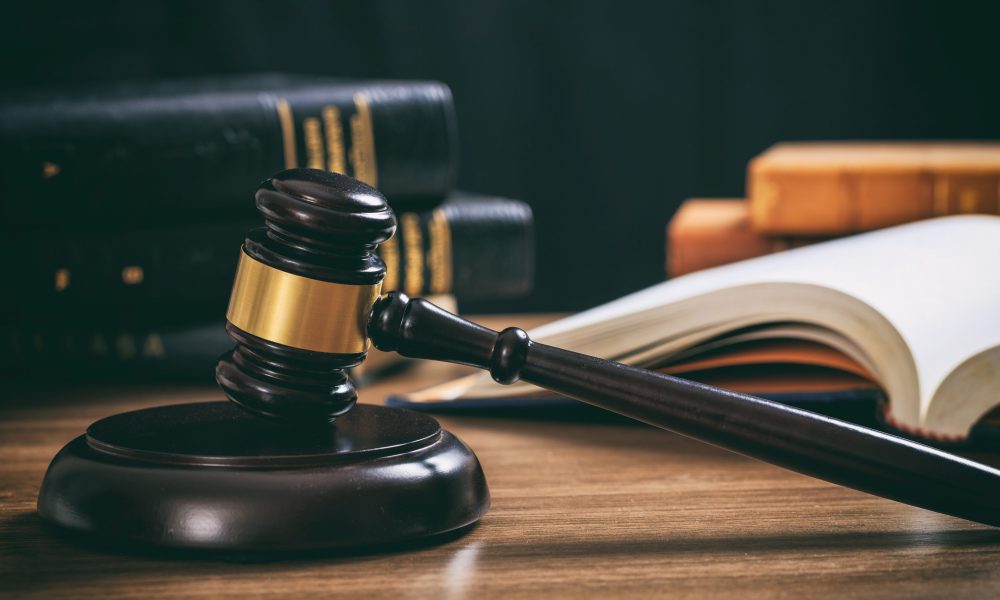Domestic violence affects individuals across all demographics and socioeconomic backgrounds, creating complex legal situations that require specialized knowledge and expertise. In San Francisco, where state and local laws intersect to provide various forms of protection for victims, understanding when and how to engage an experienced domestic violence lawyer in SF can be crucial for ensuring safety and securing legal remedies.
Understanding Domestic Violence in Legal Terms
Domestic violence encompasses more than physical abuse. Under California law, it includes emotional, psychological, sexual, and financial abuse between individuals who have or had an intimate relationship. This broad definition covers current and former spouses, dating partners, cohabitants, and those who share children together.
The legal system recognizes several forms of domestic violence, including stalking, harassment, threats, destruction of property, and controlling behaviors that restrict a person’s freedom or independence. These behaviors may constitute criminal offenses, civil violations, or both, creating multiple legal pathways for addressing the situation.
Types of Legal Protection Available
Restraining Orders and Protective Orders
California provides several types of restraining orders designed to protect domestic violence victims. A Domestic Violence Restraining Order (DVRO) is the most common form, offering comprehensive protection that can include provisions for personal conduct, stay-away orders, residence exclusion, and child custody arrangements.
Emergency Protective Orders can be issued by law enforcement officers at the scene of domestic violence incidents, providing immediate but temporary protection. These orders typically last 5-7 days, giving victims time to seek longer-term legal remedies through the court system.
Temporary Restraining Orders serve as an intermediate step, offering protection while the court evaluates evidence for a permanent restraining order. The process involves filing a petition with supporting documentation and attending a court hearing within 20-25 days.
Criminal vs. Civil Proceedings
Domestic violence cases often involve both criminal and civil legal proceedings, each serving different purposes and offering distinct forms of relief. Criminal cases are prosecuted by the state and focus on punishment and deterrence, potentially resulting in fines, probation, mandatory counseling, or imprisonment for the perpetrator.
Civil proceedings allow victims to seek personal remedies such as financial compensation for medical expenses, lost wages, property damage, and emotional distress. These cases also enable victims to obtain restraining orders and make decisions about child custody and support arrangements.
When Professional Legal Representation Becomes Essential
Complex Family Dynamics
Cases involving children, shared property, or ongoing custody disputes require careful navigation of family law principles alongside domestic violence protections. An experienced domestic violence lawyer in SF understands how to coordinate these overlapping legal areas to protect both the victim and any children involved.
Immigration status can also complicate domestic violence cases, particularly when victims fear deportation or lack legal documentation. California provides certain protections for immigrant victims, including confidentiality provisions and pathways to legal status through the Violence Against Women Act (VAWA).
Evidence Collection and Documentation
Building a strong legal case requires systematic documentation of abuse patterns, incidents, and their impact. This includes medical records, photographs of injuries or property damage, text messages, emails, witness statements, and police reports.
Professional legal representation ensures that evidence is properly preserved, organized, and presented according to court requirements. Lawyers also understand how to work with expert witnesses, such as medical professionals or domestic violence counselors, to strengthen the case.
Court Procedures and Advocacy
Navigating court systems can be overwhelming for individuals already dealing with trauma and safety concerns. Legal proceedings involve specific deadlines, filing requirements, and procedural rules that must be followed precisely to avoid case dismissal or unfavorable outcomes.
During court hearings, having professional advocacy can make a significant difference in case outcomes. Experienced attorneys understand how to present evidence effectively, cross-examine witnesses, and argue legal points that support their client’s position.
The Role of Specialized Knowledge
Understanding Local Resources
San Francisco offers numerous resources for domestic violence victims, including shelters, counseling services, legal aid organizations, and support groups. An experienced domestic violence lawyer in SF maintains connections with these resources and can provide comprehensive referrals that address both legal and practical needs.
Local court procedures and judicial preferences can vary significantly, even within the same state. Attorneys familiar with San Francisco’s legal environment understand these nuances and can adapt their strategies accordingly.
Trauma-Informed Legal Practice
Working with domestic violence victims requires sensitivity to trauma responses and an understanding of how abuse affects decision-making, memory, and emotional regulation. Experienced attorneys employ trauma-informed approaches that prioritize client safety and empowerment throughout the legal process.
This specialized approach includes creating safe communication channels, explaining legal options without pressure, and recognizing that victims may need to change course as their situations evolve.
Key Insights for Moving Forward
Domestic violence cases involve complex intersections of criminal law, family law, and civil rights protections that require specialized legal knowledge to navigate effectively. The decision to seek legal representation should prioritize safety considerations while recognizing that professional advocacy can significantly impact case outcomes and long-term security.
Understanding the distinction between different types of legal remedies—from emergency protective orders to civil compensation claims—enables victims to make informed decisions about their legal options. The legal system provides multiple pathways for protection and relief, but accessing these remedies effectively often requires professional guidance.
Most importantly, seeking legal help represents a step toward regaining control and establishing safety. While the legal process can seem daunting, having experienced representation ensures that victims’ rights are protected and their voices are heard throughout the proceedings.


